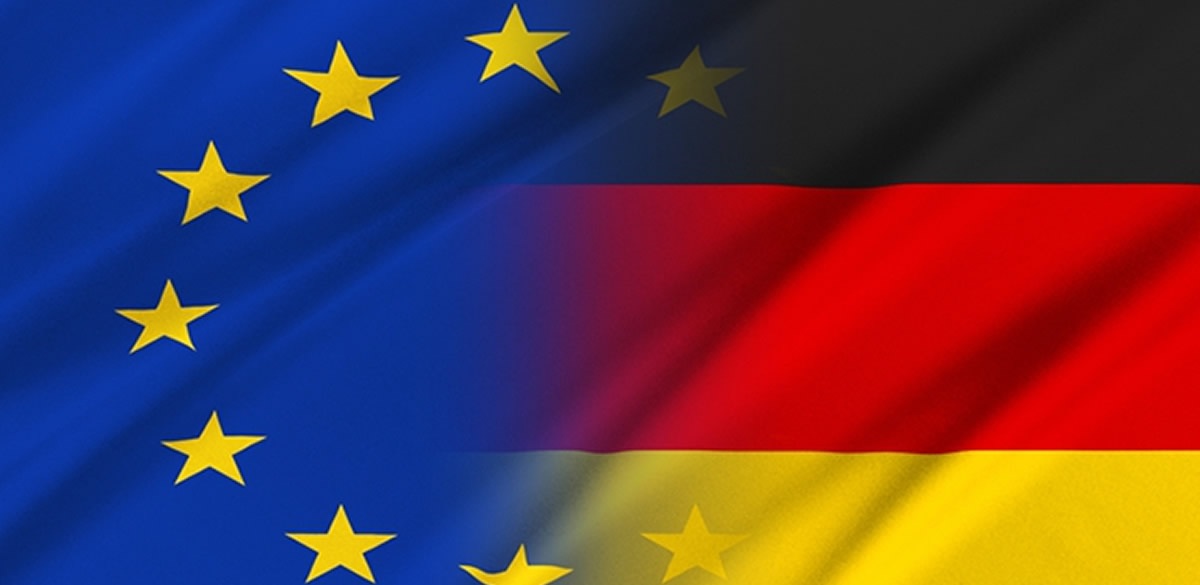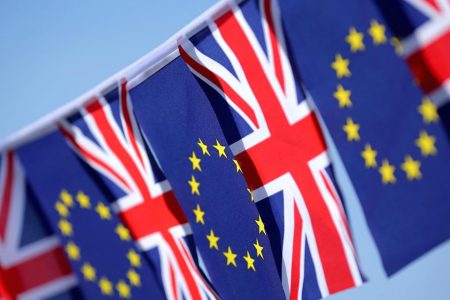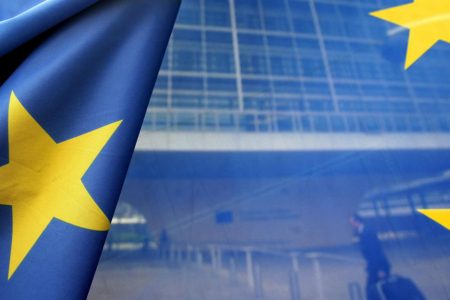Both Matteo Renzi’s loss in the constitutional referendum and, Alexander Van der Bellen’s win in the Austrian presidential election set the scene of a Europe frightened by the prospect of change.
The tendency to elect elderly leaders, appearing to guarantee equilibrium and maintain the status quo, has been turning Europe into a group of enclaves, each building its own ever more taller defensive walls and each run by leaders enjoying a widely and growing national recognition. Therefore, the European Union project seems to be breaking down under its own weight.
While the Visegrad Group aims to incorporate Austria, other European powers such as Germany and France try to protect themselves, starting from within.
Britain’s exit from the European Union and the prospect of instability in Italy shows us that 2016 was a bad year for European referendums, failed referendums that ‘devoured their spiritual fathers. Both David Cameron and especially Matteo Renzi, seemed rather too young to guarantee the success of their political projects in a space and particularly in a time marked by so much controversy.
Europe’s division is lurking around the corner of small mistakes that can lead to serious prejudices to the European Project and implicitly to each member state.
The lack of a system of common European values, widely assumed, transforms the European Union in an actor that is unable to speak with one voice, all the more as the parents of European Project: Jean Monnet, Robert Schuman, or Konrad Adenauer seem to be long forgotten.
The United States of America need a united Europe, but it can make do with some stable European partners should the need be. All the better, if that partner can assure the stability of American interest in the area in terms of: economy, policy, and especially security issues.
A weakened Europe, with multiple elections every year (28 states: 4 years = 7 national elections/year) and with leaders unable to negotiate, benefits Russia, which is repositioning itself through military means much as it did in the inter war period. The predilection towards nationalist movements motivated by an imminent economic crisis, continuously postponed by the hope of a miracle, risks the Union’s stability and diminishes its capacity to negotiate in a united way, both internally but especially externally (see the economic agreements with the U.S and Canada).
After only two years in office, both the 2014 European Parliament and the European Commission seem unrepresentative to public perception and to their own national constituencies. This phenomenon can generate a gap between the institutions and the countries that created them, diminishing the institutional power of each one.
As a result of national elections and/or changes of governments, from 2014 until now the European Council has changed over 60% of its members (17 countries out of 28: Austria, Belgium, Bulgaria, Croatia, Denmark, Estonia, Finland, Greece, Italy, Latvia, Great Britain, Poland, Portugal, Romania, Slovenia, and Sweden). All this, while the dialogue between the European Commission, the European Parliament and the Member States tends to be based more on conditionality than ownership, political support, and especially on public support.
After rejecting Matteo Renzi`s ideas and plans, Italy is left with not many solutions or prospects, at a time when the instability of the Italian economy is the system’s main vulnerability.
European political movements seem to not understand but to ignore the existence of doctrinal particularities that must cease stop when it comes to widely accepted values, principles, and common European interests. Under pressure of extreme nationalism, Europe will withdraw behind experienced personalities who inspire balance and stability and will NOT progress. Progress requires vision and a special dynamic, which in turn requires a paradigm shift. This is how states overcome stagnation in an increasingly globalized world marked by increasingly volatile borders.
How can one change when one keeps doing the same thing, reflexively, too often and for too long? This will be the main question for European leaders, a question asked by their own citizens.
In a Europe in which the retirement age periodically and constantly goes up and implicitly that of the politicians, expected to be providential, it is a matter of fact that one cannot simultaneously be Henry Kissinger and Tony Blair. Only the real Tony Blair is entitled to wish to be the new Henry Kissinger.
Even if they seem somehow different (and they really are), Renzi’s defeat in Italy and Bellen`s victory in Austria are the results of a European trend changing the danger of the Brexit Domino into the danger of Stagnation, Stagnation that will play a major role in the 2017 French election and especially in the 2017 German one.
The lack of authentic leadership schools in the European space, able to bring a new vision of the European project, will let all the difficult decisions to voters and secret services. Voters are hardly ever aware of the realities and they are NOT informed, and thus easy to manipulate, while the secret services are TOO well informed in comparison to with the rest of the society and therefore manipulative. In the middle, European leaders are in need of both, citizens and secret services alike.
In these circumstances, the streetcar called Europe, is approaching at high speed an intersection in the middle of which Donald Trump and Vladimir Putin direct the movement, each in his way. The streetcar conductor, Angela Merkel, who is no Vivien Leigh, must choose a good position of the switch, while her contract is up for renewal by the first-class passengers in the wagon G, and while the Brits are ready to jump off.




